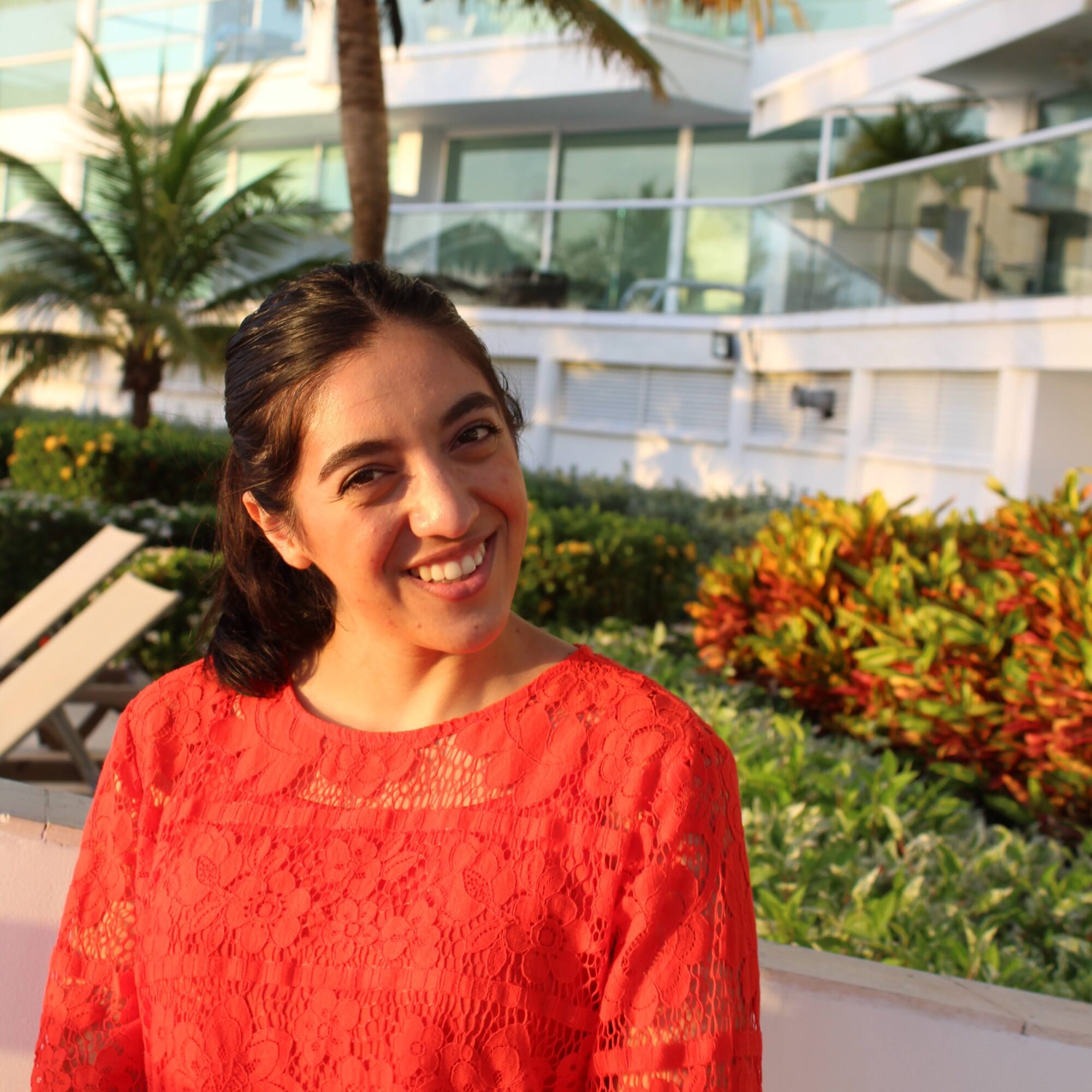
In the small town of La Guajira, Colombia, resides a tribe of the Wayúu people. A woman sits cross-legged with thick, colorful thread in one hand and a weaving needle in the other. Around her, ten more women are working on the same creation: beautiful, handwoven bags.
While visiting her friend, Sofía Castaño, in Colombia, Camila Tirado stumbled upon the Wayúu bags that inspired her to begin her business.
Camila — born in Tijuana, Mexico and now a biotechnology major with a French minor at Syracuse University’s College of Arts and Sciences — has always had an appreciation for other culture and a desire to see others succeed.
“I enjoy enabling communities to succeed by breaking down people’s mental barriers and helping them believe in the art that they create,” Camila said.
The day Camila discovered the Wayúu people, she bought 15 bags on the spot.
Camila explained that in the U.S., everyone has a go-to bag to take everywhere, but they are often made out of polyester and lack handmade, artful expression. In Colombia, however, the Wayúu bags are not uncommon.
“It’s something everyone has, and they’re very proud of it. The bags are not a trend — people are carrying Colombia’s culture with them,” Camila recalled.
Camila told Sofia, “Let’s start a business. It will be hard and exhausting, and we won’t know what we’re doing half the time, but I think we can pull it off.”
Upon returning to the U.S., she successfully sold all 15 bags.
Touched by the receptiveness of U.S. customers, Camila worked with Sofia — her intermediary and quality control — to buy 50 more bags from the tribe and send them to the U.S.
“I know the bags are beautiful. I have no worry that they ‘won’t sell.’ I just need to get the right eyes on them,” Camila said.
Recently, Camila switched from using Instagram shop to opening an Etsy store after noticing that buying on Instagram creates friction and hesitancy to buy, compared to the more reputable Etsy platform. Over the past couple months, she also developed a better grasp on shipping.
While fine-tuning her shipping process, Camila realized that to make money she needs to invest money. When funding her business, Camila used her own money to maintain peace of mind and remain free of debts and obligations.
“I can make my own decisions and take cool risks, knowing it’s my money,” she said.
Camila invested in a shipping label printer and switched over to decomposable packaging.
“I would rather lose $5 of profit than to know my business is contributing to pollution, which affects the very same people I’m trying to help,” Camila stated. She emphasizes that often, companies say that they support a certain cause, but in reality, this acts as just a nice label rather than a practice adopted in all aspects of the company.
Currently, Camila is searching for an organization that helps the Wayúu people in a sustainable and meaningful way, rather than taking major profit cuts or merely donating the money. Once they identify and meet with an organization that genuinely supports the Wayúu tribe, Camila will be donating a percentage of her proceeds to help them.
After being featured on the Daily Orange, Camila realized, “The story of the Wayúu people matters. Now it’s up to me to spread that history to each person that purchases a bag.”
Camila noted that in Wayúu culture, the women lead the tribe and bring economic profit. They deeply value nature but are terribly affected by climate change. This is the story Camila hopes to raise awareness for.
“I also want people to gain an appreciation for handmade things in a world where it’s so easy to ship something from a factory in China,” she added. “With handmade bags, you can feel the spirit of the woman who made it. If the bag is stiff, that means the knitting was harder, and the woman was feeling something. If the bag feels lighter, she was more relaxed. No bag is exactly the same.”
With every product purchase, Camila also includes a handwritten thank you note to cultivate a special customer experience for every buyer.
Camila has experienced many challenges running the business while being a full-time student, working four other jobs, coordinating with Sofia overseas and managing exchange rate differences. Despite these trials and tribulations, however, she has found the startup process to be very rewarding.
“We live in a really cool era where you can make your own career,” she stated. “And just like I found the Wayúu people, I can find so much more out there.”
Looking forward, Camila plans to expand the shop to include other accessories and work with the Wayúu women to request more in-demand color designs.
“By wearing a Wayúu bag, you’re wearing history,” Camila concludes.
Camila’s Wayúu bag shop can be found on Instagram and Etsy.
Story by Sasha Temerte ’23, LaunchPad Orange Ambassador; photo supplied